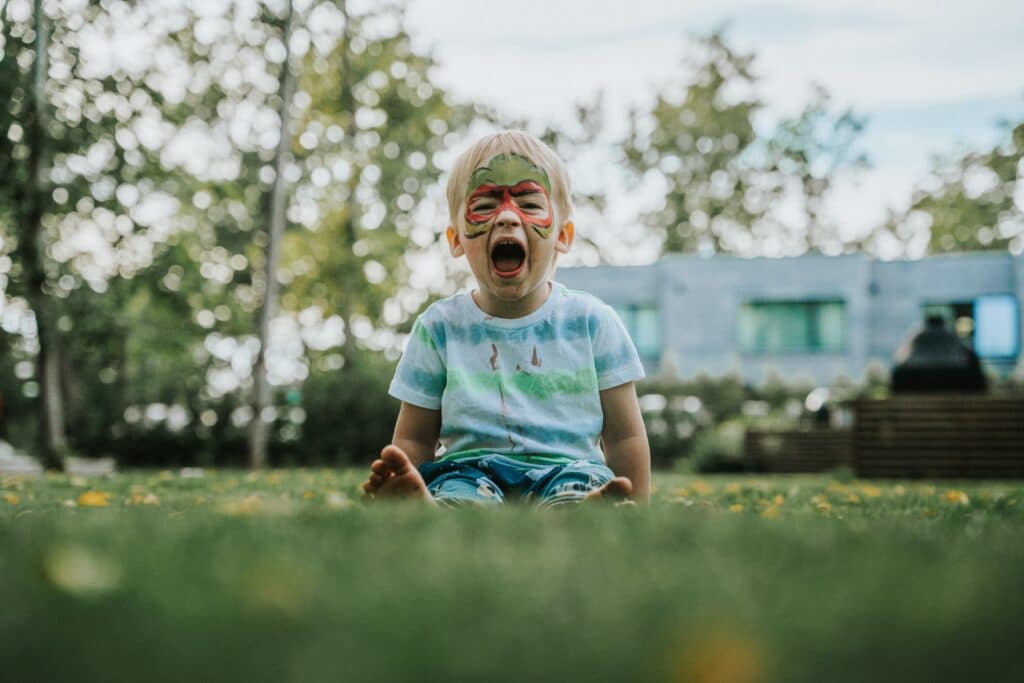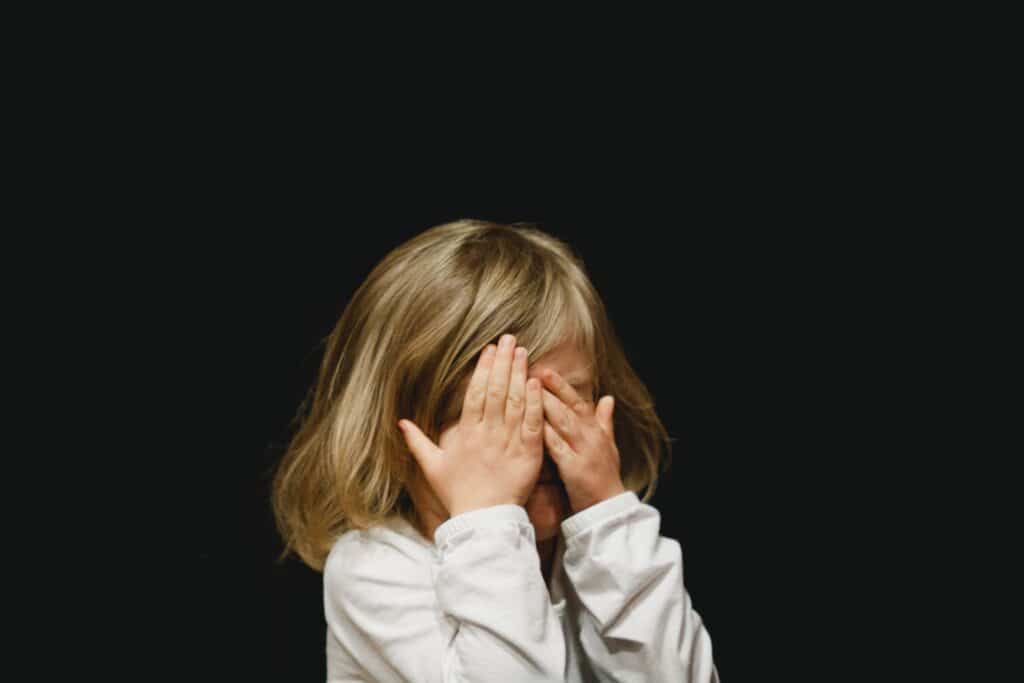Anxiety and depression are serious issues that can be overwhelming experiences for children. In fact, anxiety disorders in children are the second most common mental illness in Australia. Therefore, it is crucial for parents and caretakers to have a clear understanding of what these conditions are and how they can affect a child’s mental health.
Anxiety, which is a natural response to stress, can be detrimental if it becomes excessive or persistent. It can interfere with a child’s daily life and well-being. On the other hand, depression is a psychological disorder that can make a person feel sad, hopeless, and useless. Both anxiety and depression are severe mental illnesses that require careful management.
Parents and providers should be able to recognise the signs and symptoms of anxiety and depression in children. Some common symptoms of anxiety include excessive worry, irritability, sleep problems, abdominal pain, or headaches. Meanwhile, some of the signs of depression include a loss of interest in activities, changes in appetite or sleep, sadness, or hopelessness. It is important to remember that every child is unique, and symptoms may vary greatly from one child to the other.
Also, it is crucial to understand that while anxiety and depression can be difficult, there are various therapy options. With the help of qualified mental health professionals, parents and guardians can manage their children’s symptoms and improve their overall well-being. Bear in mind that requesting assistance is not a sign of weakness, but a courageous and responsible choice to assist your child in living a fulfilling and healthy life.
In this article, we will explore strategies for the prevention of anxiety and depression in children, including evidence-based approaches and complementary therapies such as art therapy and yoga.
We will also discuss preventive measures, warning signs to look for, and how to find the right mental health professional for your child. Our hope is that this information will empower parents and caregivers to support their children’s mental health and wellbeing.





